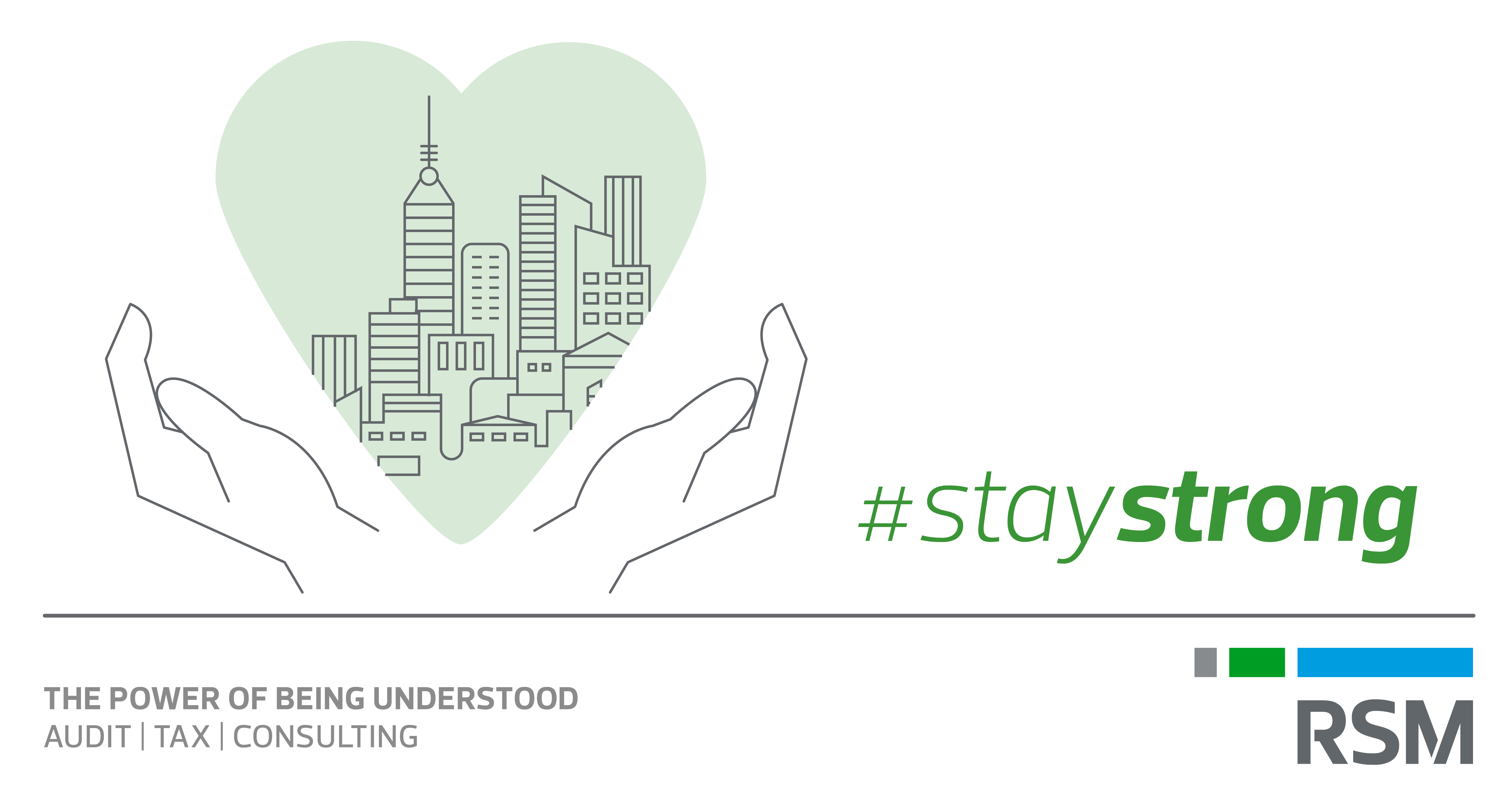
Thailand has used necessary precautionary measures to contain the COVID-19 virus locally and we have witnessed the curve plateau over the last couple of months. However, professional organizations have to continue to strive and operate to keep their businesses afloat. headhunter in Thailand and Scientific Experts have continually warned everybody of the possibility of a pandemic over the years and they continue to warn us of the likelihood that this current one could result in a second and possibly even a third wave. Consequently, financial experts use recent past trends in their current and future business forecasts. It is inevitable that the current world cannot ever compare to the previous pre – COVID-19 pandemic one.
The Thai Government has to date been extremely effective compared to many of its counterparts in controlling the virus by persuading the majority of Thai citizens to co-operative with its preventive initiatives and guidelines, as scientists race to find a vaccine and cure and until and if this is ever accomplished, it is unknown how long this pandemic will last. As a result, people and headhunter in Thailand have now become more and more accustomed to practicing social distancing and working from home and they are becoming more proficient in adopting and digital tools.
Of course, the very fact that consulting is an industry that traditionally has often necessitated face-to-face contact, many organizations in this sector may have overlooked or not even considered working from home prior to this pandemic. Consequently, business organizations no longer have a choice and have now had to pivot their models in line with government policies in order to continue to operate. Employers have been forced to think outside the box to manage a rapidly evolving crisis. Unlike the United States of America, the United Kingdom, Australia, and Singapore who can look to their financial reserves and in certain cases implement furlough arrangements to take care of citizens in circumstances where their governments have forced business operators to shut down for safety reasons, Thailand is not in the same position. Most Thai consultants would therefore be experiencing first- hand the concept of working from home for the first time as there are only a very small percentage of organizations that can offer similar employee benefits here in Thailand.
After the pandemic is over or at least contained, recruitment companies in Thailand are predicted to operate normally or pursuant to a “new normal”, though the sector is likely to experience a significant amount of change ranging from new recruitment platforms and processes such as exploring different business development strategies. However, recruitment companies’ business partners (clients) have in many cases suffered badly from the effects of COVID-19 resulting in large cost cuts to their operations and hiring needs. What the recruitment industry in Thailand experienced at the outset of the pandemic was the irregularity of the market as there was a lot of stop-starting on hiring projects with many executive search firms in Thailand encountering their clients both B2B and B2C freezing their hiring requirements as Chief People Officers are busier than ever needing to prioritize their duties accordingly.
As mentioned in “The Contrasting Effects of Coronavirus Pandemic on Recruitment Companies in Thailand” article that I wrote and which was published, not everyone is content when communicating via a digital screen. However, many companies have imposed a ban on non-essential business travel, and accordingly such online digital tools now provide useful ways to communicate with clients, colleagues and candidates without having to travel for face to face meetings. There has already been a substantial change in recruitment in the last decade in comparison to what it is today, from interviewing clients and candidates in person to digital tools used to aid online recruitment during the pandemic which has allowed recruitment consultants to explore and determine what is their most preferred and effective method of communicating.
Whilst, working from home may offer various benefits for both the employees and employers by adapting and using the internet, more importantly it helps reduce the carbon footprint caused by people commuting to work. This topic may have recently been neglected due to the ongoing pandemic plague but it is interesting to note that prior to its outbreak the Thai Government was taking heavy flak for toxic smog caused predominantly by sugar cane farmers in Northern Thailand burning crops irrespective of directives not to. Thais continued to travel to work through hazardous ultra-fine dust and were forced to wear masks from around January onwards which ironically may be one of the reasons that Thailand has not been subjected to the same pandemic extremes as other countries where masks are not so common. According to the World Air Quality Index Project, we have seen a tremendous improvement in the air quality since the lockdown was imposed in comparison to last year’s data. Should the Thai Government be able to handle the pandemic and in future focus on the enhancement of air quality for its citizens by looking at ways of reducing pollution from vehicles used to travel to work, the headhunter in Thailand recruitment and consulting businesses could be the first to allow its operatives to work remotely in order to reduce the blanket of haze.
The economic rollercoaster of this pandemic means that the industry landscape across all sectors could look very different even in a few weeks after everything resumes to the “new normal.” As the new normal emerges, success for everybody will be dependent on how nimble and active your business and your leadership can be.
